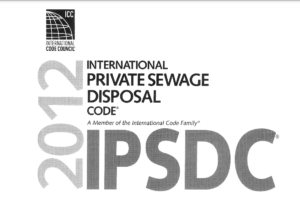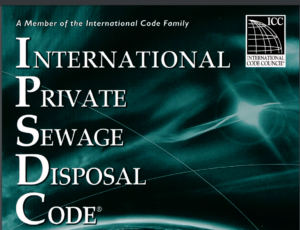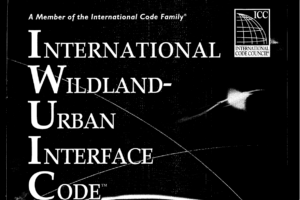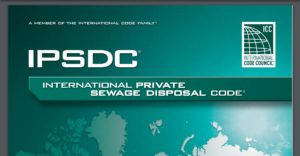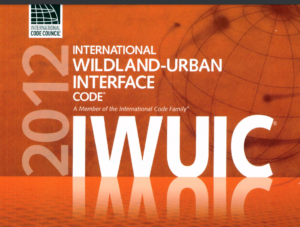The 2006 International Property Maintenance Code (IPMC) provides a standardized framework aimed at ensuring the maintenance and safety of existing buildings internationally. This edition integrates seamlessly with the broader suite of International Codes, facilitating a holistic approach to building safety and efficiency across multiple disciplines including building, plumbing, mechanical, and fire safety.
Developed initially in 1998, the code is updated triennially to reflect the evolving needs and technologies in property maintenance. It sets forth guidelines that govern various aspects of building upkeep, ensuring that structures are safe, sanitary, and suitable for occupancy. The provisions cover everything from basic upkeep to more complex systems like electrical and plumbing, ensuring buildings remain up to standard without necessarily increasing construction costs or restricting the use of innovative materials and techniques.
Adoption of the code is encouraged globally, allowing local jurisdictions to implement it through reference within their legal frameworks. This ensures that the code’s provisions are tailored to fit specific local requirements, enhancing their applicability and effectiveness.
Maintenance of the code involves a collaborative process where proposed changes are reviewed by a community of code officials, industry experts, and other stakeholders. This open review process ensures that the code remains current and reflective of best practices in property maintenance.
Overall, the IPMC serves as an essential tool for jurisdictions worldwide, promoting uniformity in building maintenance standards while allowing flexibility for local adaptation. Its comprehensive approach helps safeguard public health and safety by ensuring that all structures meet a baseline standard of upkeep and safety.

